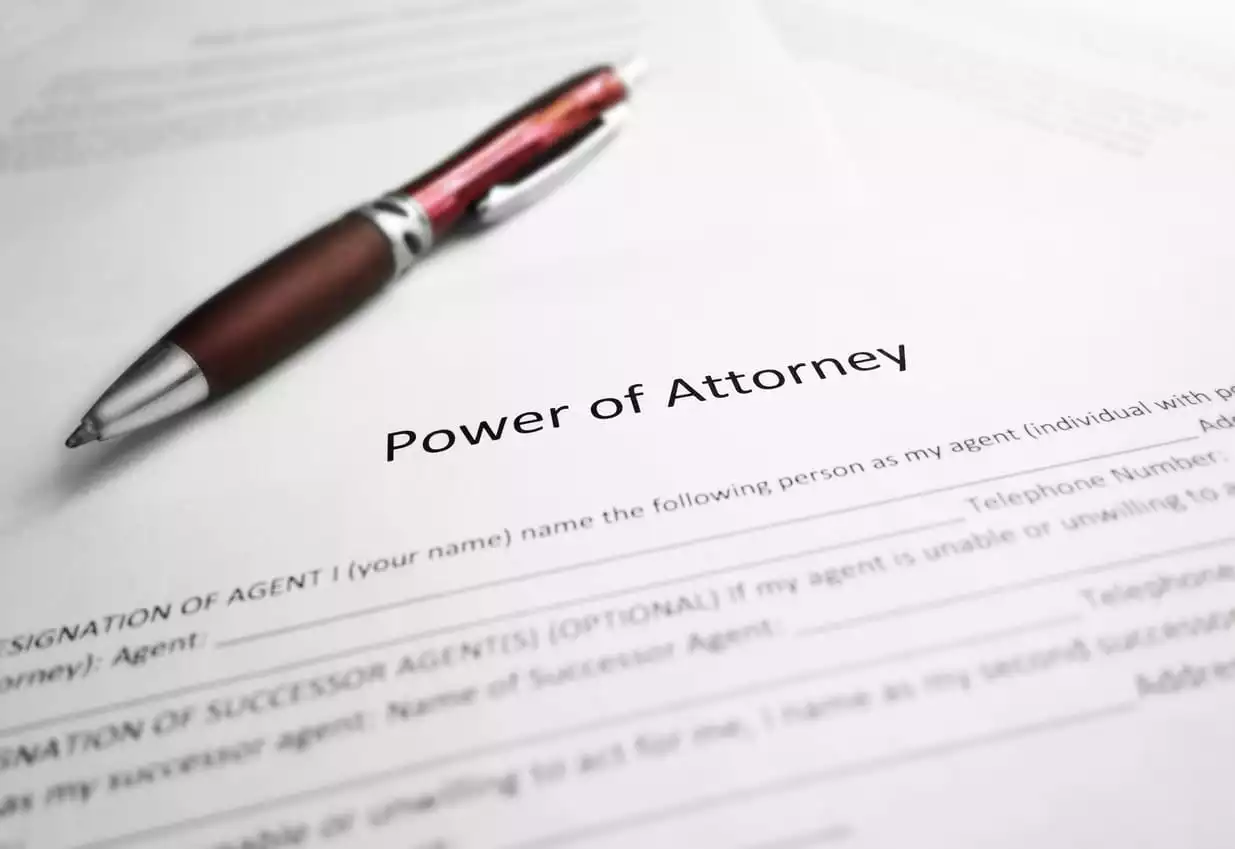A power of attorney is a legal document that gives someone else the authority to act in your stead. A springing power of attorney only goes into effect under certain circumstances, typically when you become incapacitated. The advantage of a springing POA is that it only grants authority to another person when you can no longer act for yourself.
A springing power of attorney is a document that grants the power of attorney to another person for a future time that is specified in the legal document. A springing power of attorney is different from an ordinary power of attorney or durable power of attorney because it does not automatically go into effect when you first sign it. Instead, there are certain conditions that must be met before the springing power of attorney takes effect.
In most cases, these conditions involve your physical or mental capacity. For example, you may have a stroke, become incapacitated by dementia or Alzheimer’s disease, or simply become unable to make sound decisions due to aging. When you are no longer able to manage your own affairs and make decisions on your own behalf, this is the trigger for the springing power of attorney to take effect.
The exact definition of incapacity varies by state, but it usually means that you are unable to make important decisions on your own behalf due to mental illness, cognitive decline, or other severe mental conditions. In this case, a doctor must certify that you are incapacitated before your agent’s authority is activated.
Why Would Someone Need a Springing Power of Attorney?
There are many different reasons why someone would want to create a springing power of attorney instead of a durable one. But it’s mostly because they don’t want their agent/attorney-in-fact to have access to their affairs or their finances until something has happened.
A springing power of attorney is a type of power of attorney that becomes effective at some time in the future rather than immediately upon signing. Unlike a durable power of attorney, which takes effect right away and remains valid until it is revoked, a springing power of attorney remains inactive until a specified event occurs or date is reached. A springing power of attorney can be convenient in cases where you do not want your agent to take action on your behalf immediately after you sign the document.
For example, let’s say you want to sell a piece of property and want your brother to handle the sale when you are out of town. If you use a durable power of attorney, your brother will have the authority to sell the property as soon as you sign the document and would be able to do so before you leave on your trip. With a SPRINGING POWER OF ATTORNEY, however, you can specify that your brother only gains authority to act on your behalf after you leave town or on any other date that you choose.
What Is the Difference Between Durable vs Springing Power of Attorney?
The first decision you need to make is whether you want your POA to take effect immediately or only if you become mentally incompetent. If the POA takes effect immediately, it is called a “durable” power of attorney. If it takes effect only upon your incapacity, it is called a “springing” power of attorney.
A durable power of attorney takes effect as soon as it’s signed and will continue even if you later become incapacitated. It gives the agent broad authority unless you limit that authority in the document itself. For example, an attorney-in-fact might be given full authority overall real estate transactions or only limited authority whereas A springing power of attorney only goes into effect after specified conditions are met — in this case, your incapacity. The idea is that, if you become incapacitated, the agent you named can step in to make decisions for you only when needed.

